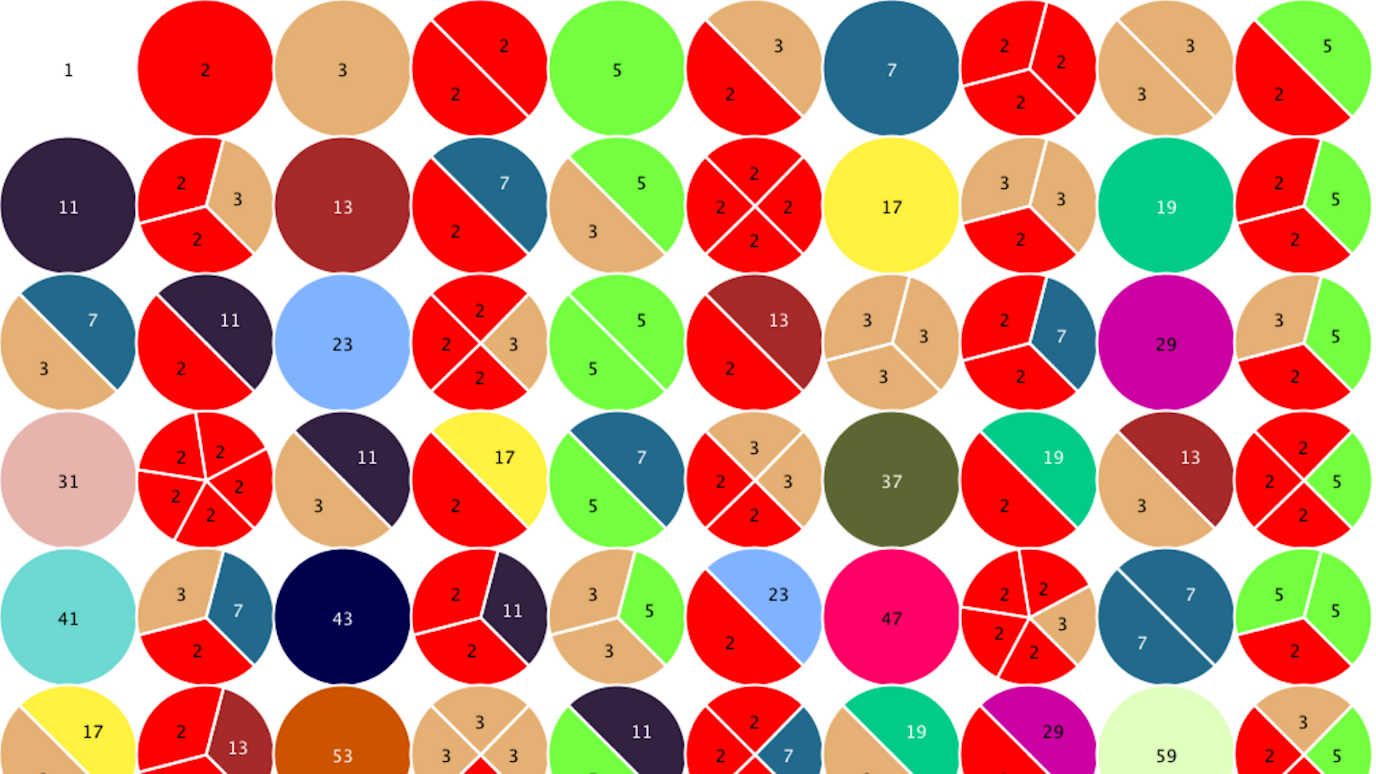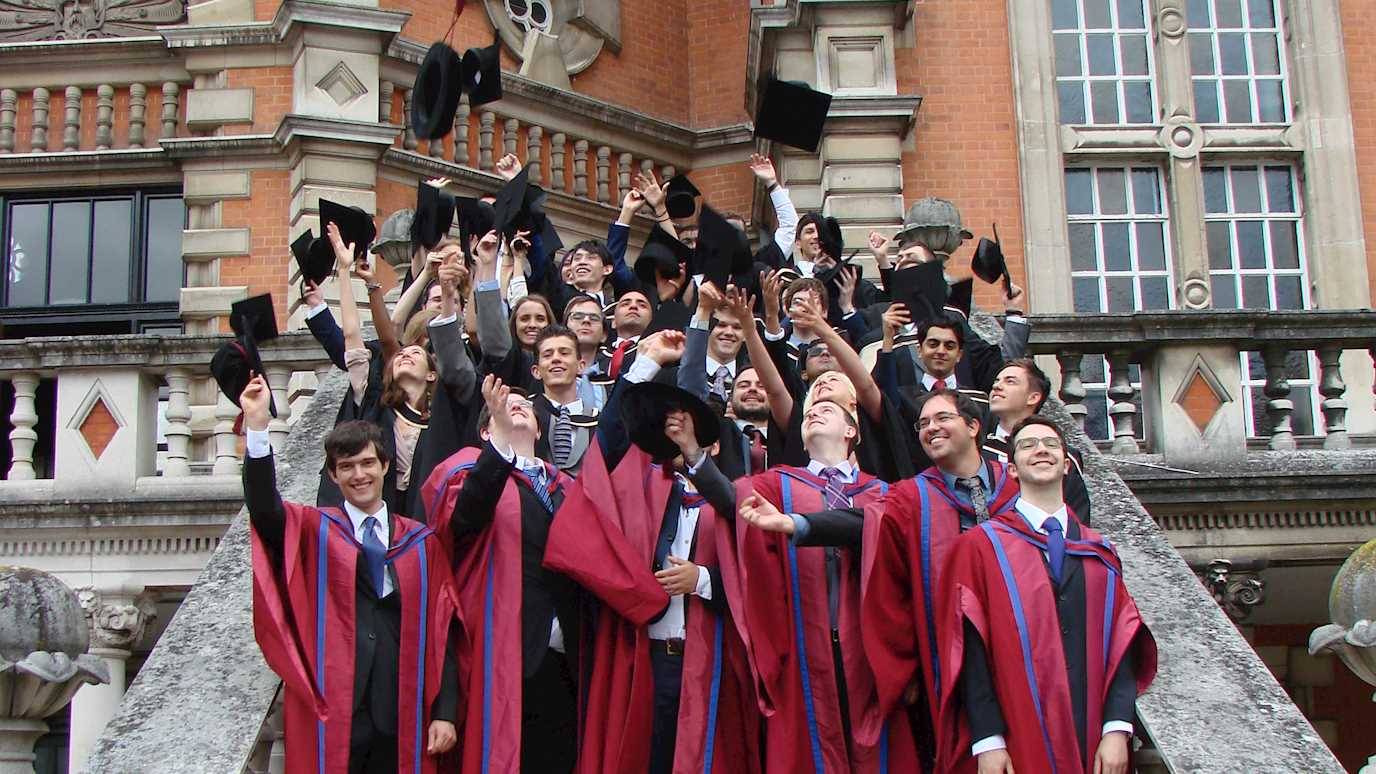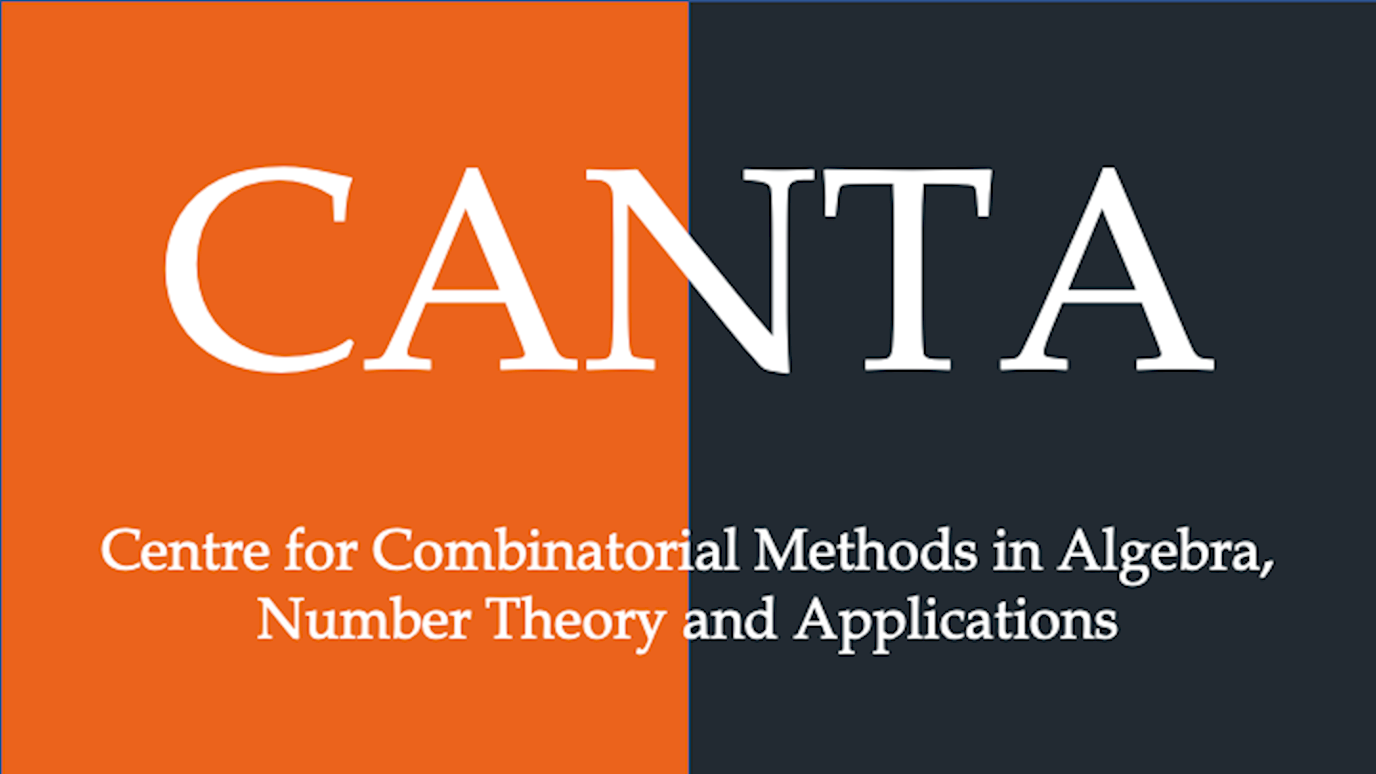The Department of Mathematics pursues research in a wide range of topics in pure, applied and applicable mathematics, including algebra, discrete mathematics, number theory, quantum dynamics and probability and statistics.
All members of the department are research active and we have regular seminars covering the range of our research interests.
We run an active PhD research programme covering the areas of research interests of our staff. All of our academic staff are happy to take on new PhD students. Should you be interested in doing a PhD with us, check out our research interests first to see who might be interested in supervising you, then contact them personally for further details.



























